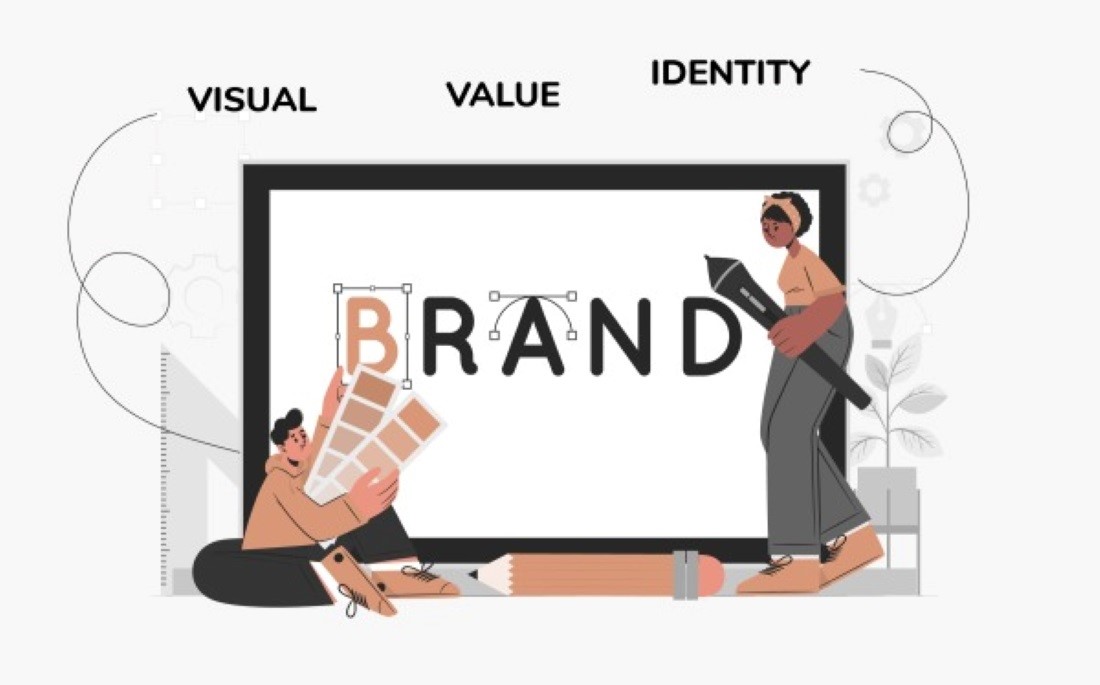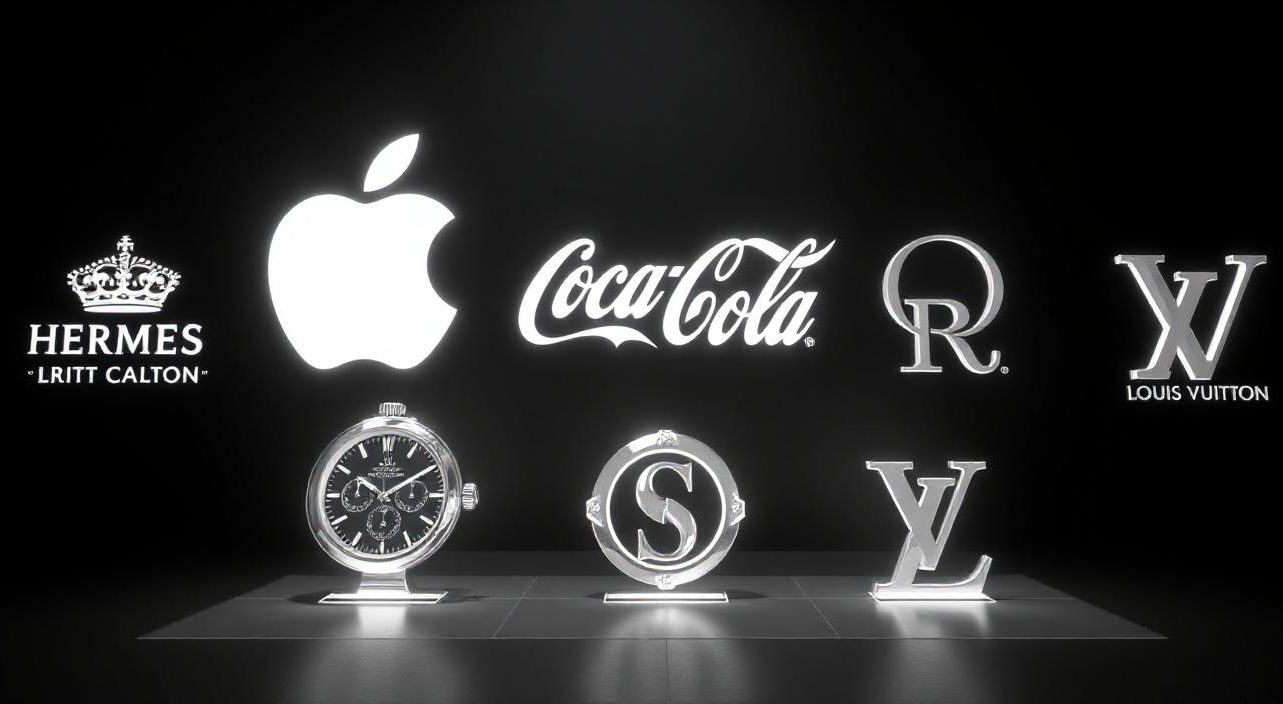Introduction:
Creating a strong and memorable brand is crucial for any business’s success. Brand design plays a vital role in shaping the identity and perception of a company. A well-designed brand can differentiate you from competitors, build trust with customers, and establish a lasting connection. In this blog post, we will explore some important points to keep in mind while designing a brand to help you create a compelling and effective brand identity.
Understand Your Target Audience:
Before diving into brand design, it’s crucial to have a deep understanding of your target audience. Research their preferences, demographics, values, and aspirations. By understanding your audience, you can create a brand that resonates with them and speaks directly to their needs and desires.
Define Your Brand’s Personality and Values
Your brand should have a distinct personality and set of values that align with your target audience and business objectives. Determine whether your brand is serious or playful, modern or traditional, luxurious or affordable. This personality should be reflected consistently across all brand elements, including the logo, typography, color palette, and tone of voice.
Craft a Unique and Memorable Logo
A logo is the visual representation of your brand and is often the first thing people associate with your company. Design a logo that is unique, simple, and memorable. It should be versatile enough to work across different platforms and sizes. Consider hiring a professional designer to ensure a high-quality and impactful logo that truly represents your brand.
Choose the Right Colors
Colors have a significant impact on how people perceive and remember your brand. Research color psychology to understand the emotions and associations different colors evoke. Choose a color palette that aligns with your brand personality and resonates with your target audience. Ensure that the colors you select are visually appealing and work well together
Typography and Visual Hierarchy
Typography plays a crucial role in brand design. Select fonts that reflect your brand’s personality and are legible across different mediums. Establish a visual hierarchy by using different font sizes, weights, and styles to guide the viewer’s attention and emphasize important information. Consistency in typography helps create a cohesive and professional brand identity.
Consistency Across Platforms
Maintaining consistency is essential for building a strong brand identity. Ensure that your brand design elements are applied consistently across all platforms, including your website, social media profiles, marketing materials, and packaging. Consistency creates a cohesive brand experience and reinforces brand recognition.
Adaptability and Scalability
Design your brand assets with adaptability and scalability in mind. Your logo and other visual elements should be easily adaptable to different mediums and sizes without losing their visual impact or clarity. This flexibility will allow your brand to maintain a consistent presence across various channels and adapt to future growth and changes
Test and Refine
Once you have created your brand design, it’s essential to test its effectiveness and gather feedback. Conduct surveys, focus groups, or A/B testing to assess how your target audience perceives your brand. Use the feedback to refine and iterate on your design, ensuring that it aligns with your goals and resonates with your audience.







